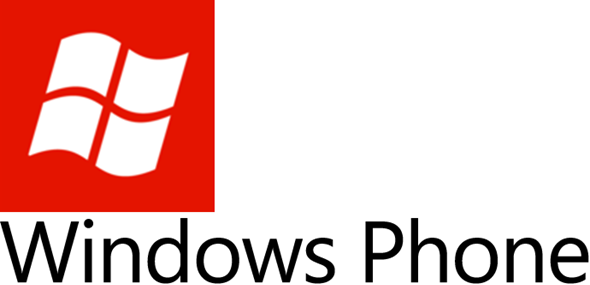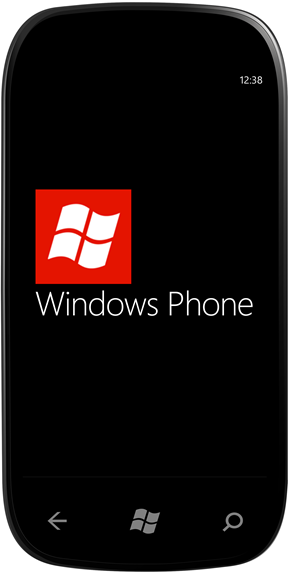While the minor, incremental Windows Phone Tango/Refresh update is right around the corner – which, primarily, will allow Windows Phone to penetrate the lower-end emerging markets with diminished hardware requirements and functionality – a far more major update is on the horizon.
According to a recent leak, Windows Phone ‘8’ (internally referred to as ‘Apollo’) is a colossal update that’s slated to introduce, on the software front: Possible Skype integration with the OS itself (though Paul Thurrott is speculating otherwise), DataSmart, a tool that lets you monitor and conserve data usage, BitLocker support, and, most of all, it will be based upon the Windows NT kernel, making it more of a close brother to Windows 8 now than a cousin (Windows Phone is currently based off of the Windows CE kernel). On top of this, apps on Windows Phone will be built using the same technologies that they are coded with on Windows 8, making cross-platform ports easy. What does this mean for the current app ecosystem? Thurrott is hearing that current apps will continue to work on Windows Phone 8.

Back to the primary topic of this article, Apollo packs equally major hardware changes, including: NFC support, removable microSD cards, multi-core processors, new form factors, and four different screen resolutions. It’s a huge upgrade. And another rumor that has been floating about is that all post and pre-Mango devices will not be able to upgrade. With Apollo expected to touch down later this year, this rumor suggests that one should hold off from purchasing a Windows Phone now, as it would be rendered a useless artifact by the update.
A second rumor recently surfaced as well claiming that post-Mango devices will be able to receive the update, but they of course will not be able to take advantage of certain features (such as NFC), and as a result, the user experience on these phones will be far worse than that of newer handsets. In both scenarios, the user suffers. Either they wouldn’t be able to upgrade at all, or they wouldn’t be able to take advantage of many of the new features and improvements that the update has to offer.

Is that necessarily a bad thing, though? There comes a time when support for older devices needs to be dropped. Look at Apple; the first-generation iPhone cannot run iOS 4, and the iPhone 3G cannot run iOS 5. By the looks of things, Windows Phone 8 is a huge leap ahead for the platform, and I don’t think that not supporting – or providing limited support – for current hardware is such a bad or unheard of phenomenon.
For discussion on this topic: Check out the threads on Facebook or Google+.
You can follow us on Twitter, add us to your circle on Google+ or like our Facebook page to keep yourself updated on all the latest from Microsoft, Google, Apple and the web.

